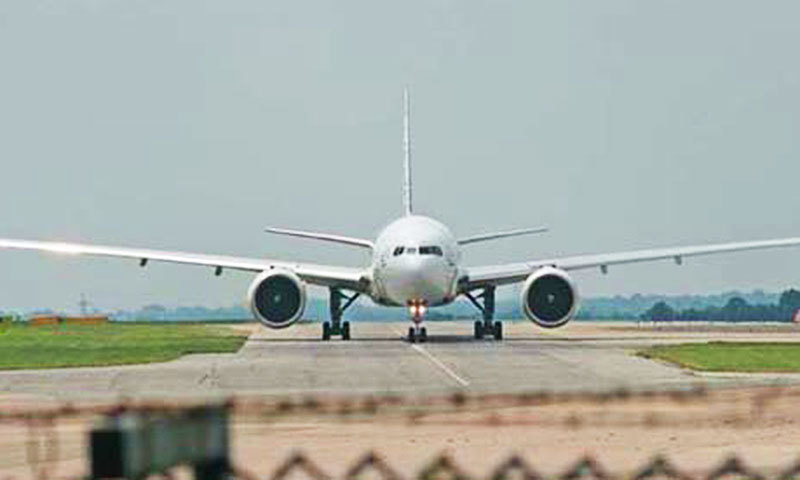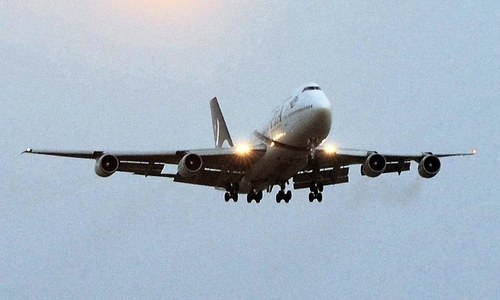The US State Department has revised its travel advisory for Pakistan, upgrading it from "no travel" to "avoid unnecessary travels".
The revision — from level four to level three — although not a major change, is still a notable improvement.
"Pakistan’s security environment has improved since 2014 when Pakistani security forces undertook concerted counter terrorist and counter militant operations," the latest travel advisory noted.
"There are greater security resources and infrastructure in major cities, particularly Islamabad, and security forces in these areas may be more readily able to respond to an emergency compared to other areas of the country."
The advisory pointed out that "while threats still exist, terrorist attacks are rare in Islamabad."
The notification, however, urged US citizens to "reconsider travel to Pakistan due to terrorism and sectarian violence” and suggested additional caution due to Covid-19, as “some areas have increased risk.”
The US Centers for Disease Control and Prevention (CDC) has issued a Level 2 Travel Health Notice for Pakistan, indicating a moderate level of Covid-19 in the country.
"Your risk of contracting Covid-19 and developing severe symptoms may be lower if you are fully vaccinated with a US-authorised vaccine," it added.
The State Department still urged US citizens not to travel to Balochistan and Khyber Pakhtunkhwa (KPK), including the former Federally Administered Tribal Areas (FATA), due to terrorism and kidnapping. It also advised against traveling to the immediate vicinity of the Line of Control due to terrorism and the potential for armed conflict.
The advisory reminded American citizens that the US government had limited ability to provide emergency services in Pakistan due to the security environment. Travel by US government personnel within Pakistan remained restricted, and the US Consulate General in Peshawar does not provide consular services to US citizens.
The change in US advisory followed a visit to the United States by Pakistan’s National Security Advisor Moeed Yusuf and Director General ISI Faiz Hameed, although the development may or may not be related to the visit.
Their talks focused on Afghanistan, with US officials seeking Pakistan’s cooperation in preventing a Taliban takeover of Kabul. Pakistan not only assured Washington that it would not support a forcible takeover but also urged the Afghan government not to seek a military victory.
US officials, in briefings to the media and in speeches at think tanks, have made it clear that Washington will not accept a Taliban takeover and persuade other nations as well not to recognise such a government.
Washington has also indicated that it would discontinue its economic support to a Taliban-only government, even though the war-torn country heavily depends on US aid.
Discontinuation of economic assistance and lack of diplomatic recognition could push Afghanistan into complete isolation, creating serious problems for Pakistan as well.
Yusuf later told journalists that during his 10-day stay in Washington no US official or lawmaker asked for a military base in Pakistan. “The word base was not mentioned, not even once, during our talks, except in the media,” he said, adding: "Bases were not discussed at all from either side during this trip because we have already made our position clear. That chapter is closed."
Earlier reports in both US and Pakistani media claimed that the Biden administration was seeking military bases in Pakistan to influence developments in Afghanistan, particularly if the Taliban seized Kabul.
At recent congressional hearings, US officials did talk about using Pakistani airspace for reaching Afghanistan and having bases in the region but never mentioned asking Pakistan for a base.















































